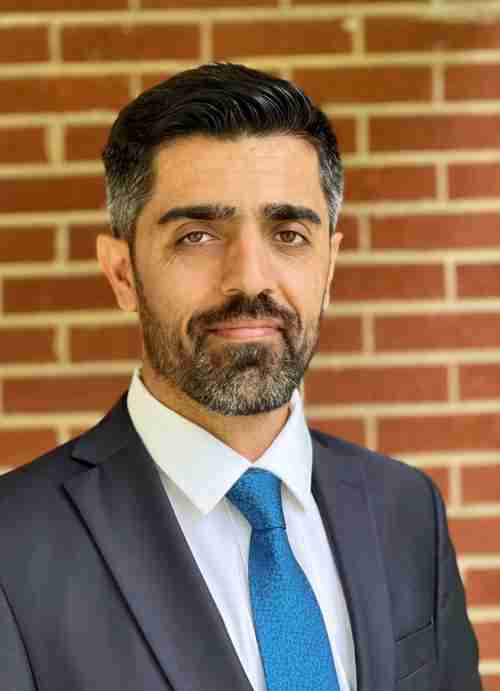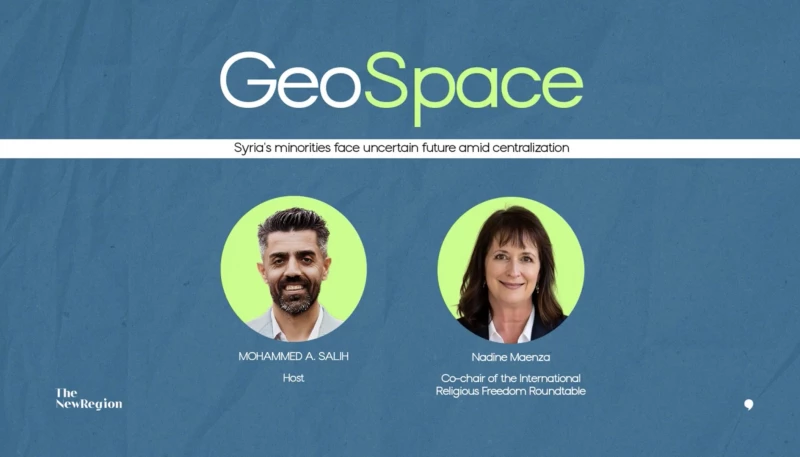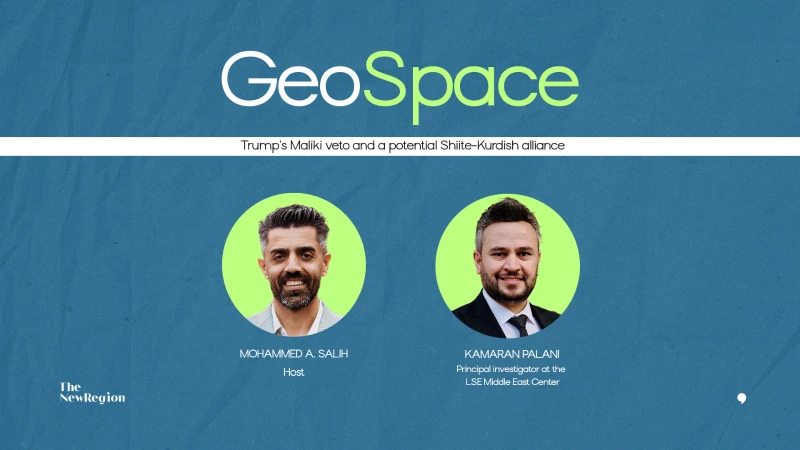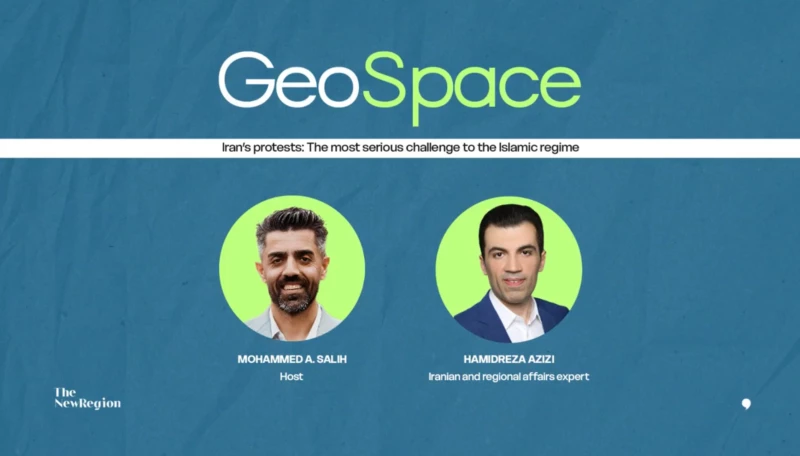In the latest episode of The New Region’s GeoSpace series, host Mohammed A. Salih and Director of Research at the Kurdish Peace Institute in Washington, D.C. Meghan Bodette highlighted the minority question in Syria, as well as the role of national and international actors in shaping the country’s future.
Since taking power, the new Damascus government has been involved in several political and military clashes with key minorities in Syria. Government-linked forces have been accused of killing thousands of Alawites in the country’s western coastal areas and members of the Druze community in Suwayda.
“After the massacres of the Alawite community in coastal regions and the Druze community in Suwayda, they're [minorities] afraid that not only might they lose these hard-won rights and freedoms, but they may once again be forced to flee for their lives,” said Bodette.
Ahmed al-Sharaa’s government has also been in disagreement with the Kurds in northeast Syria, as Damascus aims to establish centralized control, while the Kurds seek decentralization and a degree of autonomy.
“What everyone in northeast Syria wants, no matter their ethnicity or religion, is a peaceful political solution to the Syrian crisis based on decentralization and equal rights,” the researcher said, noting that decentralization has been the main demand of the minorities since the establishment of the Autonomous Administration in North and East Syria (AANES).
Bodette claimed that “Turkish pressure is perhaps the most significant factor pushing for centralization,” due to the fear that autonomy for Kurds in Syria will put Turkey “under pressure to give those same things to the Kurdish population within Turkey.”
However, she claimed that Sharaa and Ankara “do not want an all-out war,” as for the Damascus government that would mean a “new civil war in Syria, potentially even the end of their status as Syria's ruling body,” and for Turkey “the end of their peace process with the PKK [Kurdistan Workers’ Party].”
Bodette warned that another civil war in Syria would mean that foreign actors who were involved in the Syrian conflict “would once again attempt to bend the situation to their interests,” with states as Iran and Israel taking advantage of the instability to advance their influence in Syria.


 Facebook
Facebook
 LinkedIn
LinkedIn
 Telegram
Telegram
 X
X


